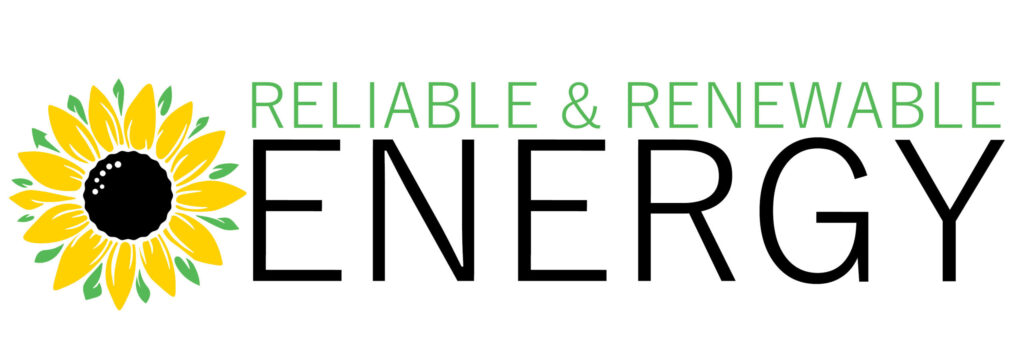To thrive in the market, firms must prioritize staying abreast of the constantly evolving solar energy sector. This blog examines the substantial influence of these variables on increasing solar sales. It analyses their impact on consumer behavior and market dynamics.
1. Evolution of Key Industry Trends
The solar energy market has seen substantial transformations in recent years. A range of influential themes drive it. A significant advancement is the increasing emphasis on sustainability and environmental consciousness. As climate change awareness grows, consumers seek more eco-friendly energy solutions. Hence, it increases the demand for solar power systems.
Moreover, advancements in technology have revolutionized the solar industry. It improves the ease of access and cost-effectiveness of solar energy. Technological progressions such as enhanced photovoltaic (PV) panel efficacy, energy storage alternatives, and intelligent grid incorporation have expanded the scope of solar energy applications and heightened its appeal to customers.
Furthermore, implementing regulatory initiatives and government incentives has played a vital role in fostering the use of solar energy. Government incentives such as subsidies, tax credits, and favorable rules have facilitated the growth of solar infrastructure. It simplifies the process for household and business users to embrace solar energy.
2. Impact of New Products on Solar Sales
The introduction of new products and technological improvements have substantially influenced the sales of solar products. Hence, it alters customer preferences and purchasing patterns. A specific product category consists of high-efficiency PV panels. It is designed to optimize energy output per unit area. It offers customers improved returns on their investments.
Energy storage technologies, such as lithium-ion batteries, are essential for facilitating solar energy utilization. It is done by effectively regulating its intermittent nature and allowing excess energy to be stored later. It enhances energy autonomy and robustness. It is appealing to customers seeking more authority over their energy use.
In addition, advancements in solar inverters and monitoring systems have improved the efficiency and dependability of solar installations. It hence increases their total worth. Intelligent inverters enable seamless power grid integration and allow for remote monitoring. Hence, it improves energy generation and ensures efficient operation.
3. Consumer Behavior and Market Dynamics
The convergence of important industry developments and novel products substantially influences consumer behavior and market dynamics within the solar business. Consumers are increasingly concerned with factors such as energy efficiency, cost-effectiveness, and environmental impact when assessing solar systems.
Groundbreaking solutions that address these concerns can shape customer decisions and enhance sales. For example, a household may choose a solar-plus-storage system to reduce reliance on the electrical grid. It improves energy efficiency by employing cutting-edge battery technology.
Businesses and institutions are rapidly adopting solar solutions to save on operational costs. It meets environmental goals. It also enhances corporate social responsibility initiatives. Solar leasing and power purchase agreements (PPAs) are innovative financing solutions. It has increased the availability of solar energy, enabling companies. It is to benefit from its benefits without requiring a significant upfront investment.
4. Solar Panel Sales Dynamics
The sale of solar panels plays a vital role in the solar energy industry. It shows how much demand there is for solar. The demand is across many types of customers. Sales methods and marketing campaigns heavily influence the sales volume of solar panels.
Solar energy is more cost-effective than fossil fuels. This fact drives the sale of solar panels. Technological breakthroughs and economies of scale are reducing the cost of solar panels. This is thanks to them. It makes solar energy more competitive with conventional energy sources. The cost-effectiveness of solar panels is attractive to those seeking long-term energy savings. It resulted in a rise in solar panel installations.
Also, the rise of solar finance options has made solar panel installations available to more customers. These options include loans, leases, and third-party ownership models. Customers are more likely to buy solar panels. This is the case when they have flexible payment options. It assists them in overcoming the high initial cost associated with solar installations.
Also, the quality and reliability of solar panels are key. They affect customer trust and buying choices. Trust in consumers comes from high-quality solar panels. They have strong warranties and proven track records. It alleviates concerns about the longevity and reliability of solar systems. So, solar panel makers and installers need to focus on ensuring top product quality. They also need to focus on keeping clients happy. It is done to enhance sales and foster enduring customer relationships.
Solar sales salary trends
Sales personnel play a vital role in accelerating corporate development and expanding market presence in the rapidly evolving solar energy sector. The remuneration structure for solar sales reps varies based on criteria. It includes expertise, productivity, and market conditions.
Typically, entry-level roles in solar sales provide a fixed salary that may be increased via commission-based incentives tied to sales performance. Experienced sales professionals who demonstrate their abilities in closing transactions. It may be rewarded with higher commission rates and bonuses. It serves as an incentive for top performers to exceed sales targets and enhance revenue.
Furthermore, the geographic location and level of market development substantially impact the patterns of solar sales compensation. Areas with a strong demand for solar systems often offer more attractive remuneration packages to recruit highly competent specialists. Professionals operating in emerging solar markets may capitalize on higher commission rates and appealing incentive schemes. It was specifically created to stimulate market growth.
Moreover, ongoing training and professional development opportunities are essential for solar sales professionals. It is to stay in touch with market trends, product advancements, and sales strategies. Companies that place high importance on staff training and skill enhancement enhance the effectiveness of their sales teams. It also fosters a culture of continuous improvement and excellence.
Conclusion:
The sales of solar panels and their associated wages are of utmost importance in the solar energy industry. It reflects market trends and meets the demands of customers. By implementing effective sales strategies, offering high-quality goods, and providing appealing incentive structures, firms may enhance solar sales and capitalize on the expanding market opportunities.
By integrating these discoveries into your RAR Energy blog, you can get significant insights, highlighting the significance of industry trends, emerging technologies, sales patterns of solar panels, and the financial gains from solar sales in driving company expansion and advocating for the adoption of solar power.






